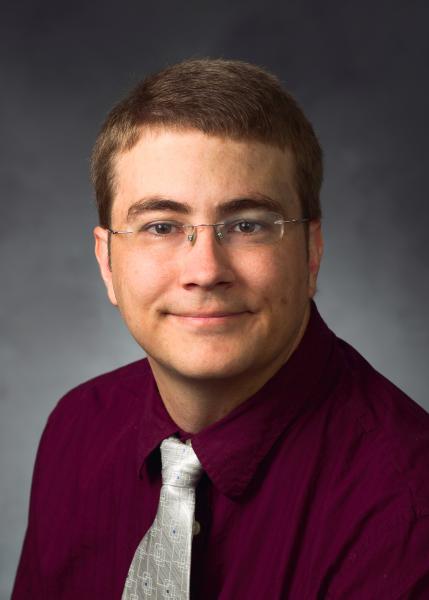Complex System Virtual Seminar | Using Information Geometry to Find Simple Models of Complex Processes"
Mark Transtrum, Department of Physics and Astronomy, Brigham Young University

Tuesday, November 9, 2021
11:30 AM-1:00 PM
Virtual
ZOOM MEETING
https://umich.zoom.us/j/96616169868
Passcode: CSCS
ABSTRACT: Effective theories play a fundamental role in how we reason about the world. Although real physical processes are very complicated, useful models abstract away the irrelevant degrees of freedom to give parsimonious representations. I use information geometry to construct simplified models for many types of complex systems, such as biology, neuroscience, statistical physics, and complex engineered systems. I interpret a multi-parameter model as a manifold embedded in the space of all possible data, with a metric induced by statistical distance. These manifolds are often bounded and very thin, so they are well-approximated by a low-dimensional, simple model. For many types of models, there is a hierarchy of natural approximations that reside on the manifold's boundary. These approximations are not black-boxes. They remain expressed in terms of the relevant combinations of mechanistic parameters and reflect the physical principles on which the complicated model was built. They can also be constructed in a systematic way using computational differential geometry.
https://umich.zoom.us/j/96616169868
Passcode: CSCS
ABSTRACT: Effective theories play a fundamental role in how we reason about the world. Although real physical processes are very complicated, useful models abstract away the irrelevant degrees of freedom to give parsimonious representations. I use information geometry to construct simplified models for many types of complex systems, such as biology, neuroscience, statistical physics, and complex engineered systems. I interpret a multi-parameter model as a manifold embedded in the space of all possible data, with a metric induced by statistical distance. These manifolds are often bounded and very thin, so they are well-approximated by a low-dimensional, simple model. For many types of models, there is a hierarchy of natural approximations that reside on the manifold's boundary. These approximations are not black-boxes. They remain expressed in terms of the relevant combinations of mechanistic parameters and reflect the physical principles on which the complicated model was built. They can also be constructed in a systematic way using computational differential geometry.
| Building: | Off Campus Location |
|---|---|
| Location: | Virtual |
| Event Link: | |
| Event Password: | CSCS [All Caps] |
| Website: | |
| Event Type: | Workshop / Seminar |
| Tags: | Agent Based Modelling, Biosciences, Computational Modeling, Physics, research, Virtual |
| Source: | Happening @ Michigan from The Center for the Study of Complex Systems, The College of Literature, Science, and the Arts, Department of Physics |

